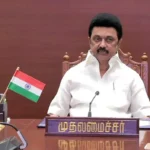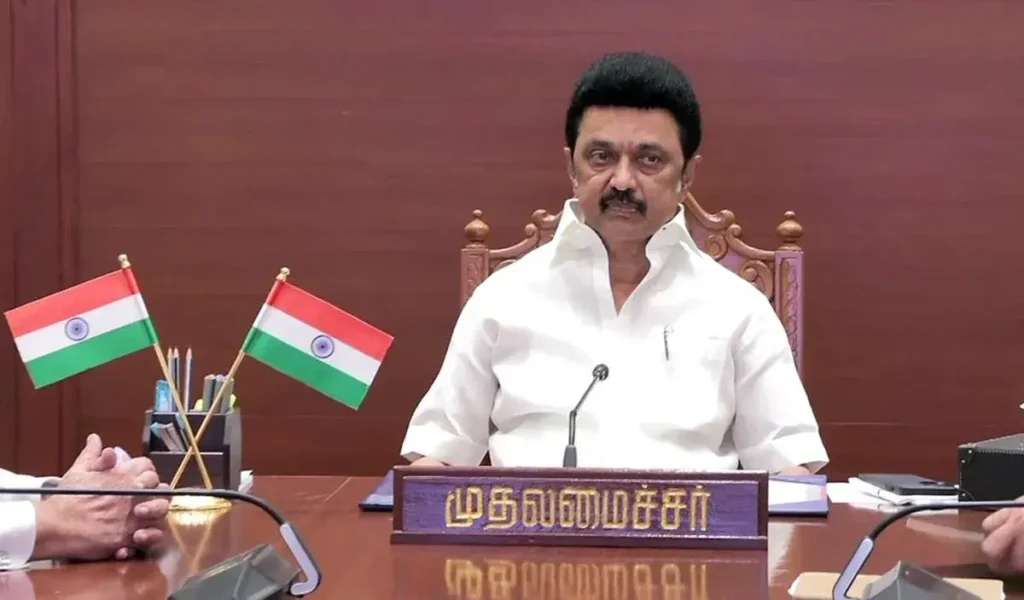ArdorComm News Network
September 16, 2024
The conflict between Tamil Nadu and the Centre over the National Education Policy (NEP) 2020 has escalated, with state Chief Minister MK Stalin and Union Education Minister Dharmendra Pradhan engaging in a series of public exchanges. The immediate flashpoint is the Centre’s delay in releasing funds for the Samagra Shiksha Abhiyan (SSA), a school education program that provides essential services to students in government schools.
Tamil Nadu Chief Minister MK Stalin has written to Prime Minister Narendra Modi, requesting the release of overdue SSA funds. He pointed out that Rs 573 crore due for FY 2024-25, along with Rs 249 crore from the previous year, are still pending. Union Minister Dharmendra Pradhan responded that all installments for the previous year have been disbursed. However, the root issue lies in the state’s opposition to certain elements of the NEP.
At the core of the disagreement is the NEP’s three-language formula, which Tamil Nadu has resisted. The state follows a two-language policy—Tamil and English—and has consistently opposed the inclusion of Hindi or Sanskrit, viewing it as an imposition on its linguistic identity. Both the previous AIADMK and the current DMK governments have opposed the NEP on these grounds, with Tamil Nadu’s Education Minister, Anbil Mahesh Poyyamozhi, affirming the state’s commitment to preserving its linguistic heritage.
Adding to the tension is the Centre’s linkage of SSA funds with the PM-SHRI scheme, which promotes NEP-compliant schools. While Tamil Nadu signed an MoU for the scheme, it omitted a paragraph regarding full NEP implementation, citing concerns over state autonomy in education. The DMK government argues that a uniform national policy does not account for regional differences and infringes on the state’s constitutional authority in education, which falls under the concurrent list.
The controversy underscores long-standing tensions between Tamil Nadu and the Centre over language and education policy, with the state advocating for greater autonomy in implementing education programs that align with its socio-cultural and linguistic context.
Source: Business Standard


